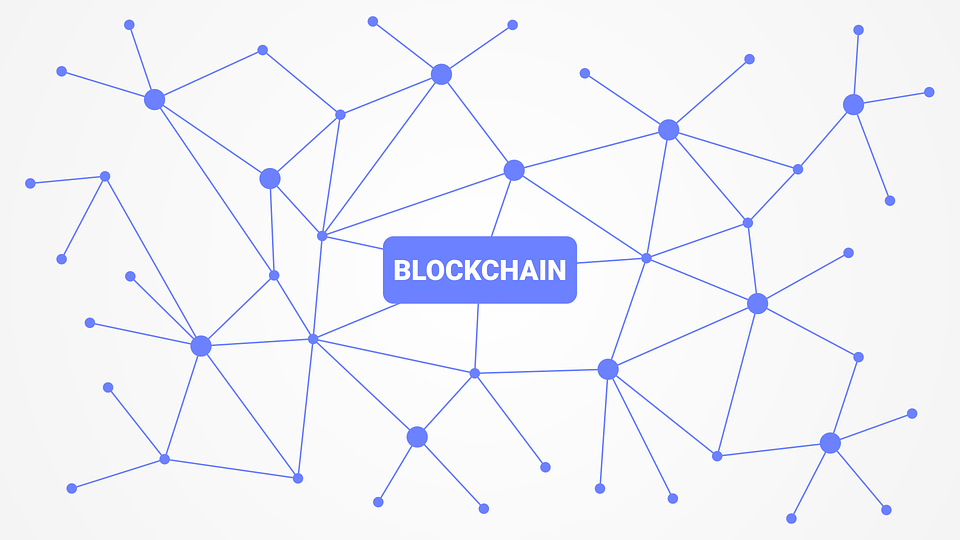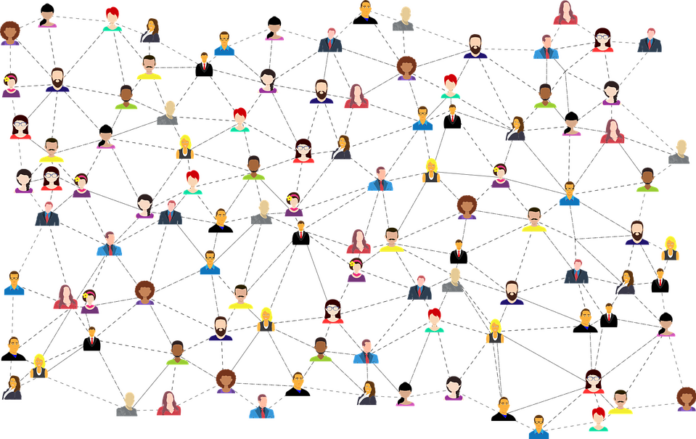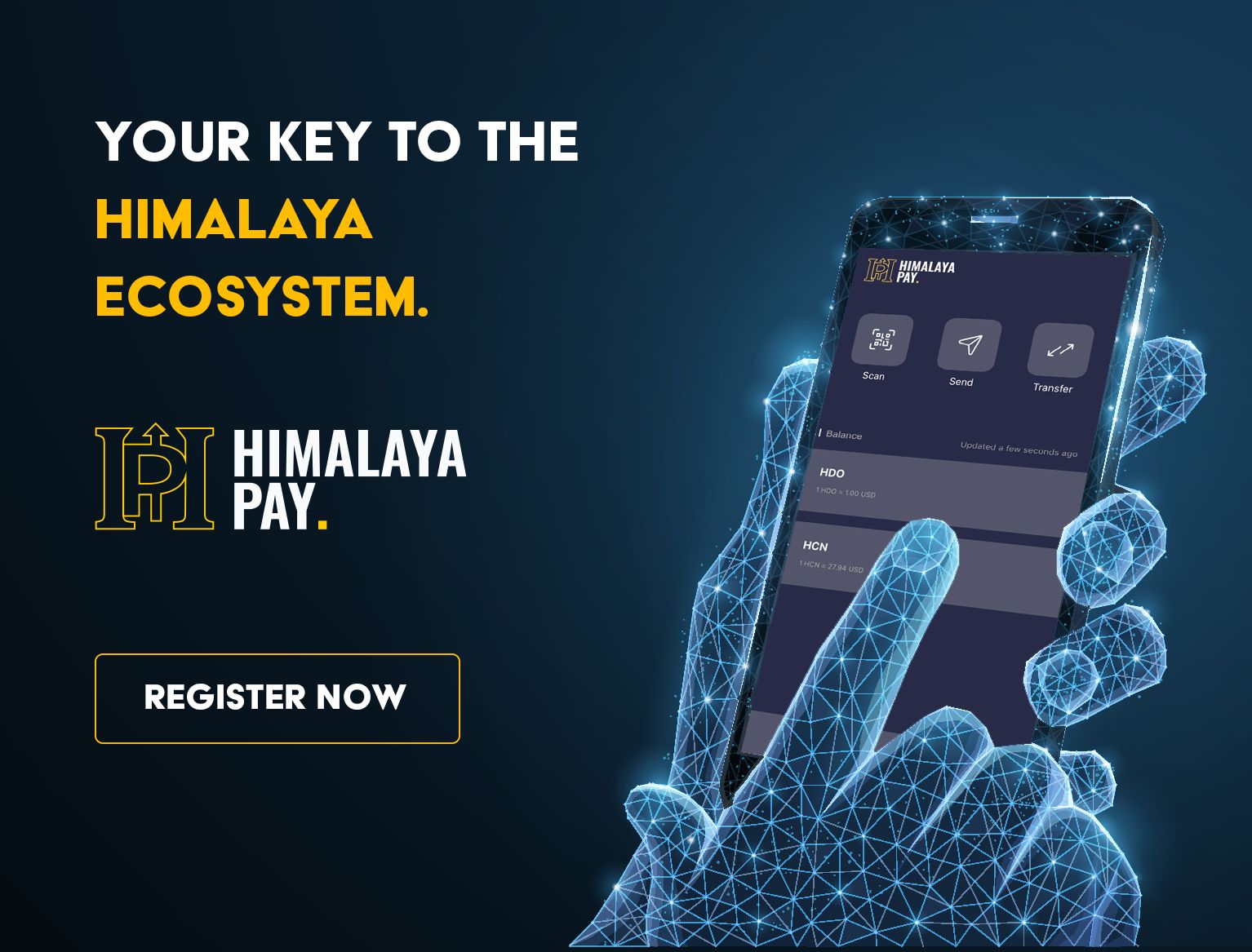Author: Elisa; Translator: langford
When we talk about social media, many would probably think of traditional players like Facebook, Twitter, Instagram, Youtube, Whatsapp, or Snapchat. Of course a rising star named “Gettr ”, the fastest growing social network based on Web 3.0 technology, may come up to some people’s mind.
Since its early adoption, social media has enormously changed the way human being communicates. However, the ever wide-spreading use of such traditional platforms has created many drawbacks. For example, many networks controlled by Big Techs have severely suppressed or even banned users’ freedom of speech, especially on topics like COVID-19 pandemic or the truth about vaccines. The suppression of the spread of the truth will have a huge negative impact on human society. Not only that, social media is being faced with challenges in proper handling of user privacy, content censorship, political expression and more.
A decentralized social media is a system created based on blockchain technology and it is an ideal solution to the challenges faced by all traditional network.
So what is blockchain social media?
As technical and blockchain experts continue to contemplate technological developments, economic models, and freedom of speech, blockchain has emerged as a viable solution to many problems, including social media.
Social media platforms have become the entry point for billions of people to establish social communication. Newer platforms based on blockchain technology are attracting plenty of public attention globally.
Blockchain social media are essentially decentralized platforms that allow the development of applications and smart contracts. An important benefit of such technology is that they provide end-to-end encryption for every interaction, empowering individuals to have total control over their own information and more privacy. Blockchain social media platforms offer some prominent benefits such as in-platform transactions, crowdfunding, and exclusive user rewarding program.
Disadvantages of traditional social media platforms
In early October 2021, the core data centers for Facebook, Whatsapp and Instagram were hacked. About 1.5 billion Facebook records of user personal information were leaked. The stolen information was auctioned off on dark web and other black markets. Traditional social media platforms have encountered serious user privacy and security issues. Social media has offered a novel way for the entire human race to communicate. However, the unfortunate nature of the traditional social media being a centralized network allows legacy big techs have complete control over user data and track every activity. To make things worse companies like Facebook, Whatsapp, Twitter, and others trade user information with third parties for financial profits.
How does blockchain technology affect social media?
Let’s explore how blockchain improves social media platforms.
• Information Privacy and Freedom of Expression
User privacy on traditional social media platforms like Twitter, Whatsapp, or Facebook is a growing issue. This is because they are built on centralized database management models. Owning an account on such applications means you hand over your privacy to them. In addition, content published on them is often used for political gain or even suppression of dissent. Facebook and Twitter are notorious for such activities of cracking down on free speech.
Blockchain enabled social media platforms on the contrary ensures much greater privacy protection and allow users to freely express their rights. Decentralized ledger technology inherited in blockchain system enables users to conduct transactions privately because only the sender and receiver know the contents of the transaction. Blockchain enables people to express their opinions without the fear of retribution.
• Grant users perpetual retaining of their contents
Traditional social media platforms are centralized, which means that users’ data is not in their own hands. Anyone gaining administration right can edit the information and even delete it permanently without the user’s consent.
• Content generators get reward for creating and sharing content
Social media’s value is primarily backed up by UGC (user generated content). However these content generators on traditional social media platforms are mostly under rewarded due to the involvement of third-party intermediaries. Blockchain social media platforms allow users to have complete control over where and how their content is distributed. The ability of self-managed distribution gives them a better ability to benefit financial outcomes from producing passive income. Decentralized platform rewards users for posting on its network. This policy is similar to most other blockchain ecosystems in the sense any rewards are rooted from the network’s native cryptocurrency.
Advantages of Decentralized Social Platforms
Why do we adopt decentralization of social media platforms? Let’s take a look at its benefits.
• Through a decentralized network, unethical use of user data can be prevented.
• Blockchain technology uses cryptography to protect communication sessions among users, enabling data security and privacy.
• Since there is no central authority, the use of data is controlled by users themselves, enabling freedom of expression. So users can control what they may post at will.
• The prime application of blockchain – cryptocurrency, entitles crowdfunding which has a shining future.
• Content moderation is a limitation of current tradtional social media platforms, while decentralized social networks address this shortcoming. Also the open source nature of decentralized system makes usage of private servers possible, which leads content moderation and content sharing more effective. Decentralized social networks based on blockchain technology is on an irreversible journey. We believe Gettr will be the leader in this wave. Gettr’s upcoming blockchain-based rewarding mechanism and innovative payment system will undoubtedly be a huge competitive advantage in the social media market!

.png)



